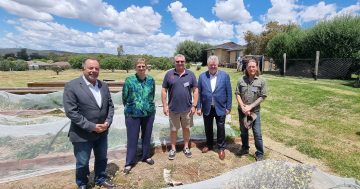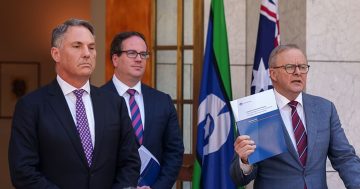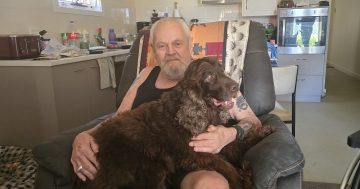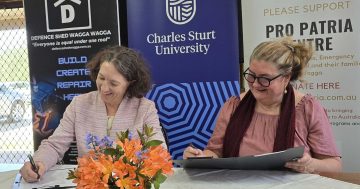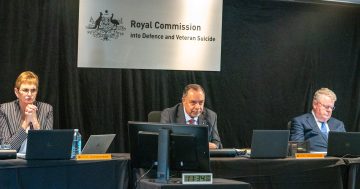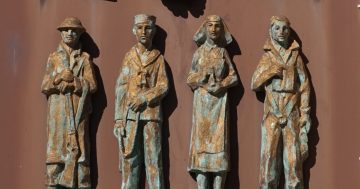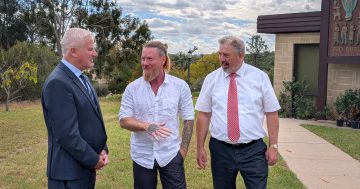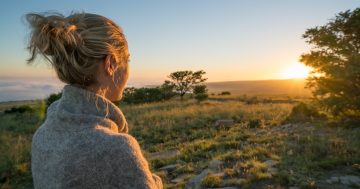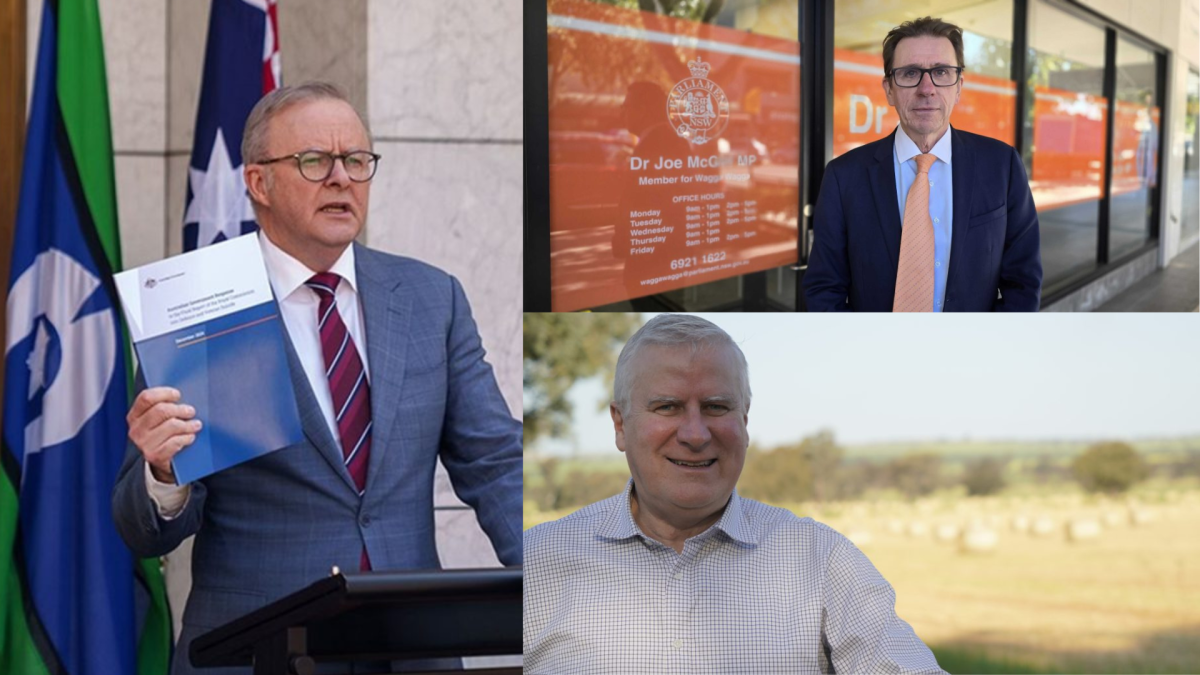
Prime Minister Anthony Albanese has announced that the Federal Government will implement 104 of the royal commission’s 122 recommendations. Photo: Anthony Albanese Facebook/Shri Gayathirie Rajen/Supplied.
Wagga Wagga’s political leaders and veterans advocacy group have welcomed the Federal Government’s decision to implement the Royal Commission into Defence and Veteran Suicide’s recommendations.
Member for Riverina Michael McCormack, Member for Wagga Wagga Dr Joe McGirr and Pro Patria board member Jacqui Van de Velde said the Federal Government’s acceptance of 104 of the 122 recommendations was a positive step.
Mr McCormack said it was “a step in the right direction” and the announcement would resonate in the Wagga Wagga region being home to all three arms of the Defence Force.
“Wagga Wagga is a tri-service city and is home to many Defence personnel and veterans,” Mr McCormack said. “The royal commission rightly saw fit to hold a three-day hearing in the city as one of the public hearings it held across the country.
“Whilst not every veteran is broken from their service, we need to be there for those who are in need of assistance.
“My thoughts are with the many current and former Defence Force personnel and their friends and family on what would surely be another difficult day for them.
“The silver lining of this is that it is another step towards genuine change to better support those who are involved in this vitally important sector.”
Mr McCormack welcomed the progression of appointing an interim head of a new statutory body to oversee systemic reform and provide independent advice – one of the recommendations from the royal commission.
“It is important the Federal Government builds on this announcement by starting public consultation at the earliest convenience,” Mr McCormack said.
“The Coalition has continued to provide support to the government throughout the entire process and is committed to continue working with the Federal Government to ensure the best welfare standards for our Defence personnel and our veterans, who contribute mightily for our nation.
“The Coalition will now review the government’s response to make sure the right measures are being put in place for the benefit of our Defence personnel and their loved ones, including appropriate support for the physical and mental health well-being of our best and bravest.”
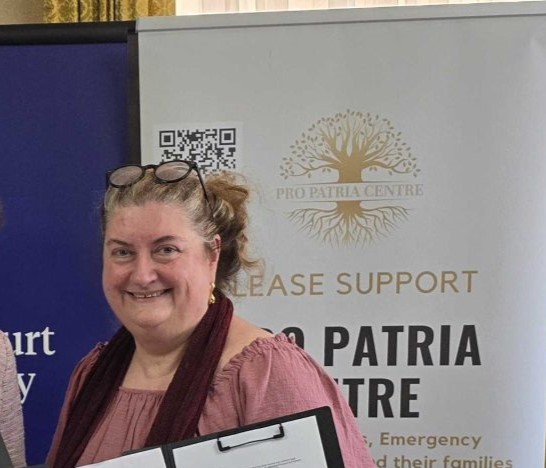
Pro Patria board member Jacqui Van de Velde. Photo: Shri Gayathirie Rajen.
Ms Van de Velde called the establishment of the independent body a good start; however, she was disappointed over the rejection of some recommendations.
“It’s disappointing … the permanent incapacity payment for people who were injured during training (was rejected),” Ms Van de Velde said.
“And having a difference between people who are injured in training and those who are injured permanently on deployment … that’s a matter of justice, and I do hope that people take that up with the government.
“Because most of our personnel would be spending most of their time training … and there are going to be injuries.
“Does that mean they’re any less deserving of the full benefit they’re entitled to?”
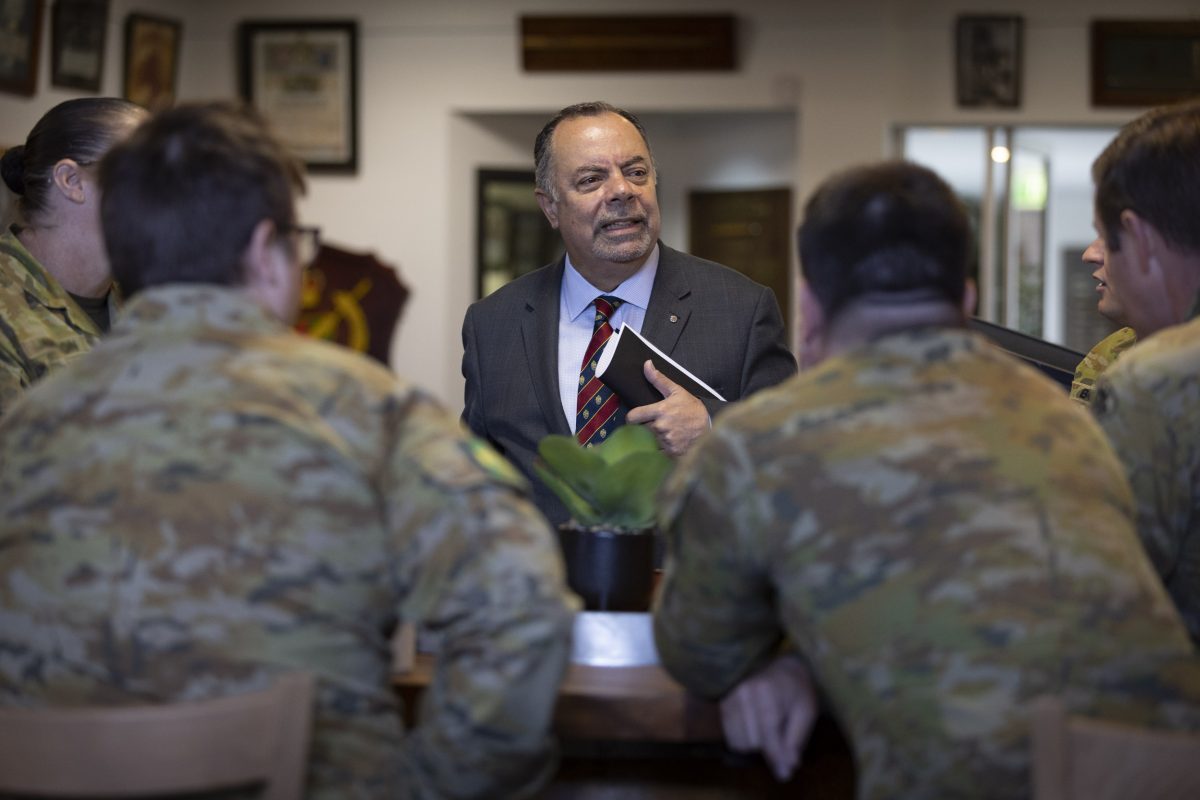
Royal Commission into Defence and Veteran Suicide Commissioner Chair Nick Kaldas. Photo: Royal Commission into Defence and Veteran Suicide.
Dr McGirr said the establishment of a statutory oversight body to direct reform of the system was a positive step, as was a direction to the Department of Veterans Affairs to work with the veteran community to build a new well-being agency to give veterans a voice and framework to support themselves and their families.
“Reforms to the management of sexual misconduct within the defence forces are also an important improvement,” Mr McGirr said.
“I thank Pro Patria, veterans from my electorate, the RSL local subbranches and RSL Lifecare with their health and wellbeing hub for their work to bring about urgently needed change.
“The rate of veteran suicide is a national tragedy. Our veterans, who sacrifice so much for the rest of us, deserve lifelong support in and out of military service.
Mr McGirr also urged governments, veterans and support agencies to ensure the recommendations are fully delivered and monitored.
“As a community, we can give those who have served the support they need to enjoy safe, happy and productive lives.”
Of the remaining 18 recommendations, the government set aside 17 for further consideration, and one is not supported in part.
It described the royal commission as the most significant and comprehensive inquiry conducted into suicide and suicidality in Defence and veteran communities.
Established in July 2021, the royal commission was headed by former NSW deputy police commissioner Nick Kaldas.
In its three years, it heard evidence about the cultural problems within the ADF, and identified deficiencies with the approach, services and support of DVA. There were also claims that Defence and government officials had, at times, worked to prevent the royal commission from accessing documents it needed.
The royal commission wrapped up its hearings in April, and its final report was delivered to the Governor-General in September. It found that more than 2000 serving or former Defence personnel had died by suicide since 1985 and noted that this figure was likely a significant underestimate.
If you or someone you know needs help, you can contact:
Lifeline’s 24-hour crisis support line – 13 11 14
Suicide Call Back Service – 1300 659 467







